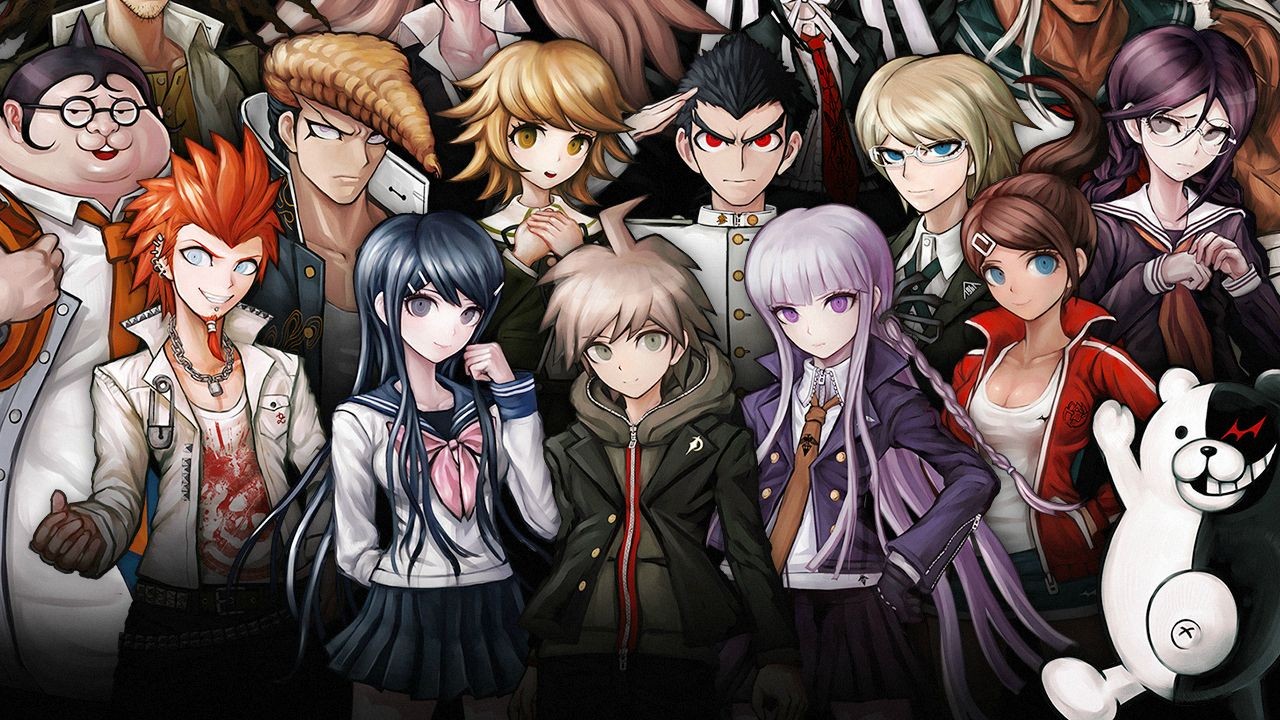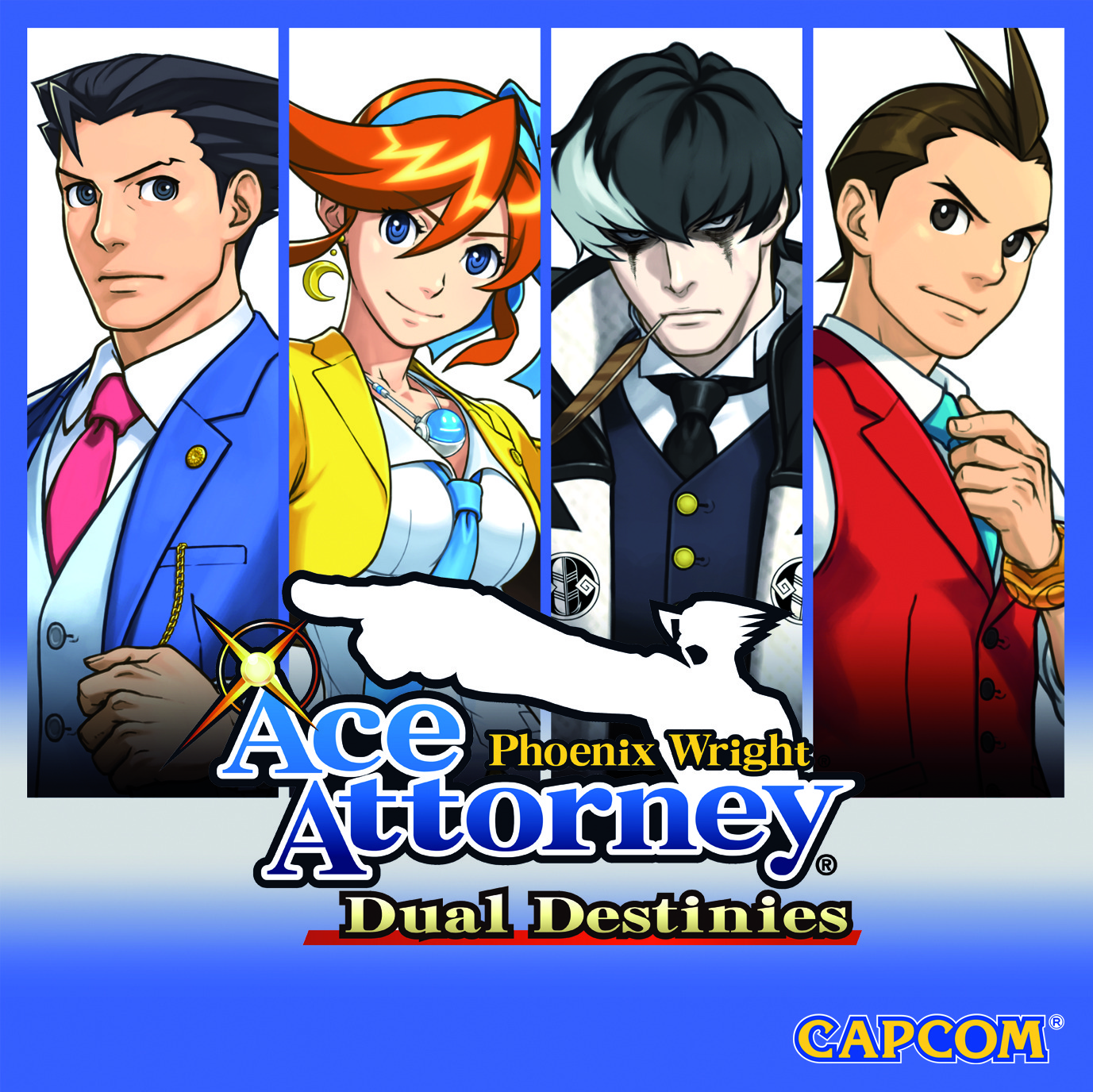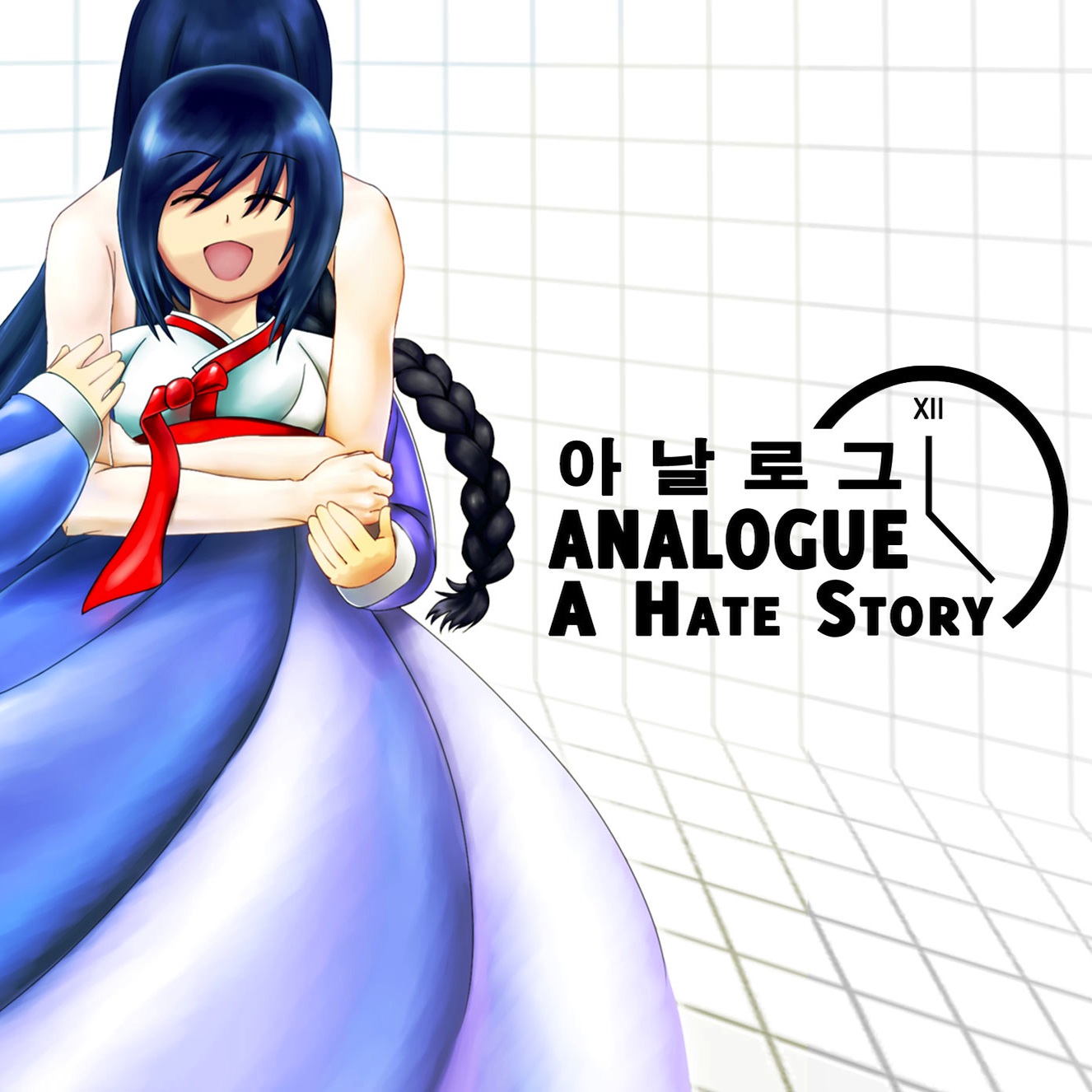 |
| I PLAY IT FOR THE STORY, GOSH |
Dangan Ronpa: Trigger Happy Havoc (Mantis)
You know that one book you read before it got really big and they made a movie based on it? And then everyone else watched the movie, but you knew that you were better than them, because you got the REAL experience, while they only know a mere shadow of its greatness. That is what I have going on with Dangan Ronpa. An anime based on it was made shortly after I played it, and whenever I hear anyone talking about Dangan Ronpa, (when I'm attending anime parties) I imagine they're probably talking about the anime, and that I have therefore lived a fuller life than them.
Dangan Ronpa was first described to me as a cross between Ace Attorney, Virtue's Last Reward, and Persona, which to me is like telling a stereotypical man that something is a cross between tits, bacon, and more tits.
 |
| Two out of three ain't bad, though. |
The gameplay is similar to Ace Attorney, in that you gather evidence and hold trials to find people guilty, except it is done through the metaphor of gunslinging. You have to investigate crime scenes to gather ammo (evidence) so that at the sundown showdown (class trial) you can shoot other gunslingers (classmates) in the dick (weak points in their argument). The actual game's gunslinging isn't quite so extreme or vulgar, but you do present contradictions in arguments by shooting your words at their words, which really ups the intensity.
Between class trials, you can spend time with your classmates, developing bonds with them in a manner similar to the social link system from the Persona games. This serves a dual purpose: if you build a strong enough bond with someone, you get special power-ups that can be used during class trials, in addition to making your despair all the more exquisite when that character inevitably dies.
All-in-all, Dangan Ronpa is a fantastic game with compelling characters, intriguing mysteries, spectacular twists, and breathtaking betrayals. It hasn't officially released in the US yet, but it's on it's way to the PSP Vita. Don't ask me how I played it; I know a guy.
Ace Attorney
If you found my omission of Ace Attorney from my games list objectionable, then fret not. I will now silence any doubts that I found Ace Attorney: Dual Destinies unworthy of making a top something list for 2013. I can testify that this game was pretty great, and you can take that as the honest truth. Since I can't really shoehorn any more exclamations into this, and I don't really have anything to actually say about Ace Attorney, I'll end this entry here.
The Walking Dead
Since this is the one entry that isn't a visual novel, I'm contracting the task of opinion-writing to a colleague of mine, without his knowledge or permission.
I've actually talked about The Walking Dead before. And I even linked to the same blog in that post, because writing is easiest when someone else is doing it. There isn't much more to say, except that the game isn't really about story, in that there's a cohesive narrative with a climax and a resolution and all that, but instead a bunch of things happening to people in a zombie apocalypse. As tremendously unflattering as that sounds, it's still a great game. It's just that it's sort of a slice-of-life drama with zombies. Or perhaps "slice-of-death" would be more appropriate. And now that I've made that joke, it's time to move on to...
Analogue: A Hate Story (As well as Hate Plus, to a somewhat lesser extent)
Analogue: A Hate Story is a visual novel about going through the records of an abandoned spaceship to learn about the Neo-Confucian society that developed on it, and what happened that killed everyone aboard. It is a great read if you wish to "get mad at the patriarchy", as a friend of mine, Stylin' Franklin, once said. The title "Analogue", as far as I can tell, serves only to contrast with "Digital: A Love Story"*, a previous work by the same author, Christine Love, whose title contains a clever double entendre that I only recently realized. The "Hate Story" part of the title, though, is spot on. The society's exaggerated focus on institutionalized sexism under the guise of "filiality" is sure to illicit blue shell levels of anger, but uncomfortable parallels between it and reality hit close to home. Also, cute girls with ties.
| Albeit a different, more developed kind of cute |
At this point in the list, gameplay is minimal. The closest thing Analogue has to gameplay is the visceral satisfaction of using a command prompt, straight-up ordering a computer what to do from on high, with the power of the gods themselves. I think that my favorite part of this visual novel was when it called me a dumb bitch, and I believed it, because I am a deep person with complicated emotions. That was the reason I liked it, not the reason I believed it when I was called a dumb bitch. I believed it because, well, I was kind of being a dumb bitch. It also has a sequel, Hate Plus, which focuses on how a colonizing spaceship devolved into a sexist hellhole in the first place. It doesn't have as much weighty subject matter as the first, in my opinion, but I still found it enjoyable, and would definitely recommend picking it up if you're already getting the first one. Though they're both pretty short, so you'd probably be better off waiting until they're on sale. Rereading this entry, I noticed that every single sentence has a comma in it, but I swear that wasn't on purpose.
don't take it personally babe, it just ain't your story
This is the first visual novel by Christine Love that I read, as well as my favorite. "don't take it personally, babe..." tells the story of a high school English teacher in a distant future where high school English teachers are permitted unrestricted access their students' social networking profiles, able to read all status updates, wall posts, and even private messages.
The entire thing was written in a single month, as part of NaNoRenO, which is like NaNoWriMo, (National Novel Writing Month) but with Visual Novels. And I'd be lying if I said it didn't show. There are a few parts where it seems a bit rushed, and it altogether isn't too long. But I don't think it would be too farfetched to say that this visual novel has caused me to feel harder than any other fiction. It is responsible for the first documented case of me crying, and I read it after I watched Ano Hana.
 |
| This song alone has been known to cause more crying than an onion cutting its wrists.* |
G-Senjou No Maou
Hey, remember in the middle of last year when I was talking about classical music, and then started transparently lying about how it wasn't because of something I read? Well, as it turns out, my interest was brought about by G-Senjou No Maou.
 |
| I confess, officer. I have seen that penguin before. |
G-Senjou no Maou is widely considered the Ocarina of Time of Visual Novels, in that I didn't like it quite as much as I thought I should, but still liked it a lot nonetheless. The title translates to "Devil on G-string", a reference to Bach's "Air on the G-string" and Schubert's "Erlkonig" (German for Devil, as well as a demon in SMT. This was cause for much squeeing), as well as my stripper name. It tells the story of Kyousuke, a young man who was adopted by a ruthless Yakuza boss in order to pay off his father's debt. At school, Kyousuke maintains the facade of an oblivious rich kid, while at night, he makes a name for himself as a ruthless mob negotiator, like an anti-Batman of sorts. When a mysterious criminal known only as Maou rises to power, Kyousuke is tasked with putting a stop to his nefarious plans, reluctantly accepting the help of a brilliant and mysterious transfer student with more hair than social skills. Unless Kyousuke decides to settle down with one of three other girls, in which case Maou sportingly agrees to abandon his schemes and take up a hobby instead. Speaking of other girls, this is an eroge, so there are H scenes. The H stands for, uh, "Hugs".
As one might expect from the title, classical music plays a large role, with almost all of the soundtrack based on famous tunes from classical composers, resulting in some unsurprisingly bitchin' music. (Though, ironically, the few original songs are perhaps my favorite) For its gripping story, likable characters, fantastic music, and shocking twists easy enough to be predicted by me, I can see why it's considered by many to be the greatest visual novel of all time.
Conclusion
As with before, this list is by no means meant to represent the best of 2013, only my favorites. In fact, rather few of these works were actually finished in 2013; that's just the year that I got around to reading/playing them. Expect the next list to be about music, and then stop expecting for there to be any lists after that, because games and music from games are all that I experienced last year. And here's hoping that this year is much the same.
*I devised this joke about onions cutting themselves independently of Bo Burnham. I had never even heard him say it before, I just happened to give someone a sneak preview of this joke, and they said it was from Bo Burnham, and I had an Episode. I did not steal this joke. I'm being so sincere right now.
*Special Bonus Message from the future!
Since writing this blog post, I actually discovered the true meaning behind the title "Analogue". One might expect that it refers to the opposite of digital, as in an "analogue" clock, since its title has the same structure as "Digital", but this is not the case. When referring to electricity, it's spelled "analog". "Analogue" with a ue refers to a literary device related to analogy. So the title, in fact, refers to how the Hate story is analogous to the previous love story, and is also analogous because "Analog" is the opposite of Digital. When I figured this out, it's an understatement to say that it blew my mind.
And the best part about all of this? I made it all up. None of it was intended by the author. When I proudly proclaimed all of this on Twitter, she responded with confusion. Apparently, "Analogue" is just how it's spelled in Canada, where all the cool internet people live. Furthermore, the double entendre I mentioned, the fact that it's a "Love" story written by Christine "Love", seems to have been entirely coincidental. In any case, I can't wait for her next work, Ladykiller in a Bind, which will surely have me ascribing deep, imaginary significance to what is in actuality just girls tying up other girls.







No comments:
Post a Comment